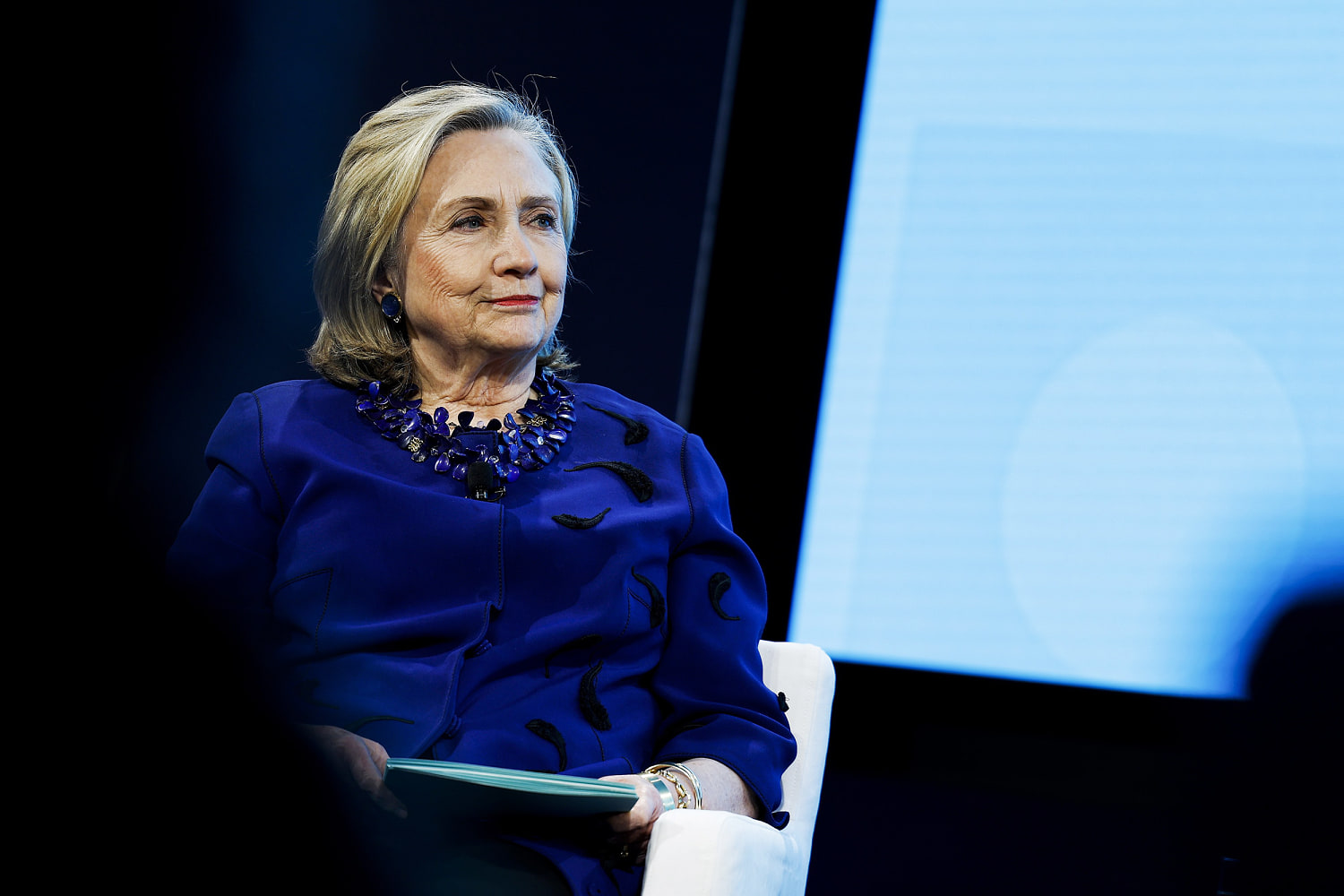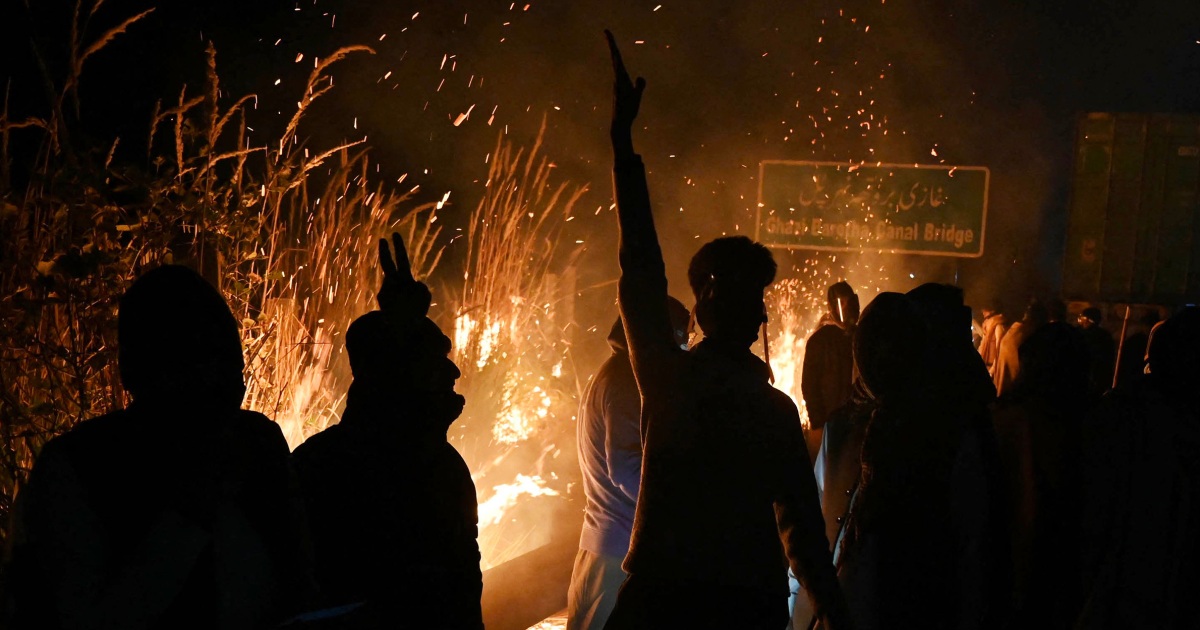
WASHINGTON — Less than two weeks before an election where she could make history, Vice President Kamala Harris has yet to enlist help on the campaign trail from the only other woman who has gotten as close to the Oval Office: former Secretary of State Hillary Clinton.
The decision underscores Harris’ lack of emphasis on the history-making potential of her candidacy in her pitch to voters, a stark contrast to Clinton’s approach in her 2016 campaign. It also reflects the Harris campaign’s strategy of training its focus on making inroads with specific voters, particularly men.
Clinton is expected to do at least one event for the Harris campaign in the final week of the election, according to two people familiar with the planning, though an event has not been announced. It is unclear if Clinton will appear alongside the vice president on the campaign trail.
A Harris campaign official said Clinton will campaign for the vice president in the final stretch of the race.
Since endorsing Harris’ candidacy in July, Clinton has headlined several fundraisers for her. The most high-profile appearance she’s made on Harris’ behalf was a prime-time speech at the Democratic National Convention in August.
Clinton has tried to boost support for Harris during media appearances and with some social media posts, including a video Wednesday where she said: “Kamala is the right person for this time in our country.”
“A lot of us have put some big cracks in that glass ceiling,” Clinton said. “There was a purpose behind it and that purpose was the freedom to be yourself and the freedom to go as hard as your work and talent will take you.”
Harris does not speak about the glass ceiling on the campaign trail, telling NBC News in an interview Tuesday, “Well, I’m clearly a woman. I don’t need to point that out to anyone.”
“You don’t always have to talk about history to make it. Voters are tired, anxious, and want to know what the next president is going to do for them,” said a Democratic strategist, who was granted anonymity to speak candidly. “The campaign’s instinct to keep identity politics at arm’s length is a totally reasonable one, and powerful surrogates like Secretary Clinton are out there raising tens of millions of dollars to make sure that the vice president’s message gets to voters.”
A second campaign official said there is a wariness among Harris aides about reminding voters of the 2016 election, when Clinton lost to Donald Trump, as the vice president is presenting herself as a change candidate who offers a new generation of politics.
Clinton has been on a weekslong book tour promoting her new memoir, “Something Lost, Something Gained,” where she’s been critical of Trump. The former Democratic nominee’s events have filled theaters in battleground states such as Pennsylvania and North Carolina. And next week, her book tour is scheduled to take her to Michigan and Georgia.
Clinton’s message during these events is largely a warning to voters about a Trump return to the White House, though those who paid to be in the room are unlikely to need convincing.
“If he has a Republican Congress, if he’s in the White House, they will pass a national abortion ban and he will sign it,” Clinton said of Trump during a book tour stop in Washington, D.C.
“The people that really staffed the first Trump White House and the first Trump government, they were people who had some experience,” Clinton said. “They are all gone now. They are all supporting, you know, Kamala Harris, because they saw firsthand what Trump was like.”
A longtime Harris aide who requested anonymity to speak candidly said Hillary Clinton — like her husband, former President Bill Clinton, who has been on the trail for the vice president — is seen as an asset by the campaign. But, with Hillary Clinton, there is also a recognition within the campaign that her leaning into her identity as the potential first female president was not a successful electoral strategy to defeat Trump.
“Hillary Clinton said, ‘I’m With Her,’ and they were not,” the Harris aide said of voters. “So that means we need to be more focused on the voter than the candidate because the country is not ready for that messaging. ‘I’m With Her’ means you’re talking more about the candidate than the voter. Now, we are focused on freedom for the voter rather than the candidate.”








